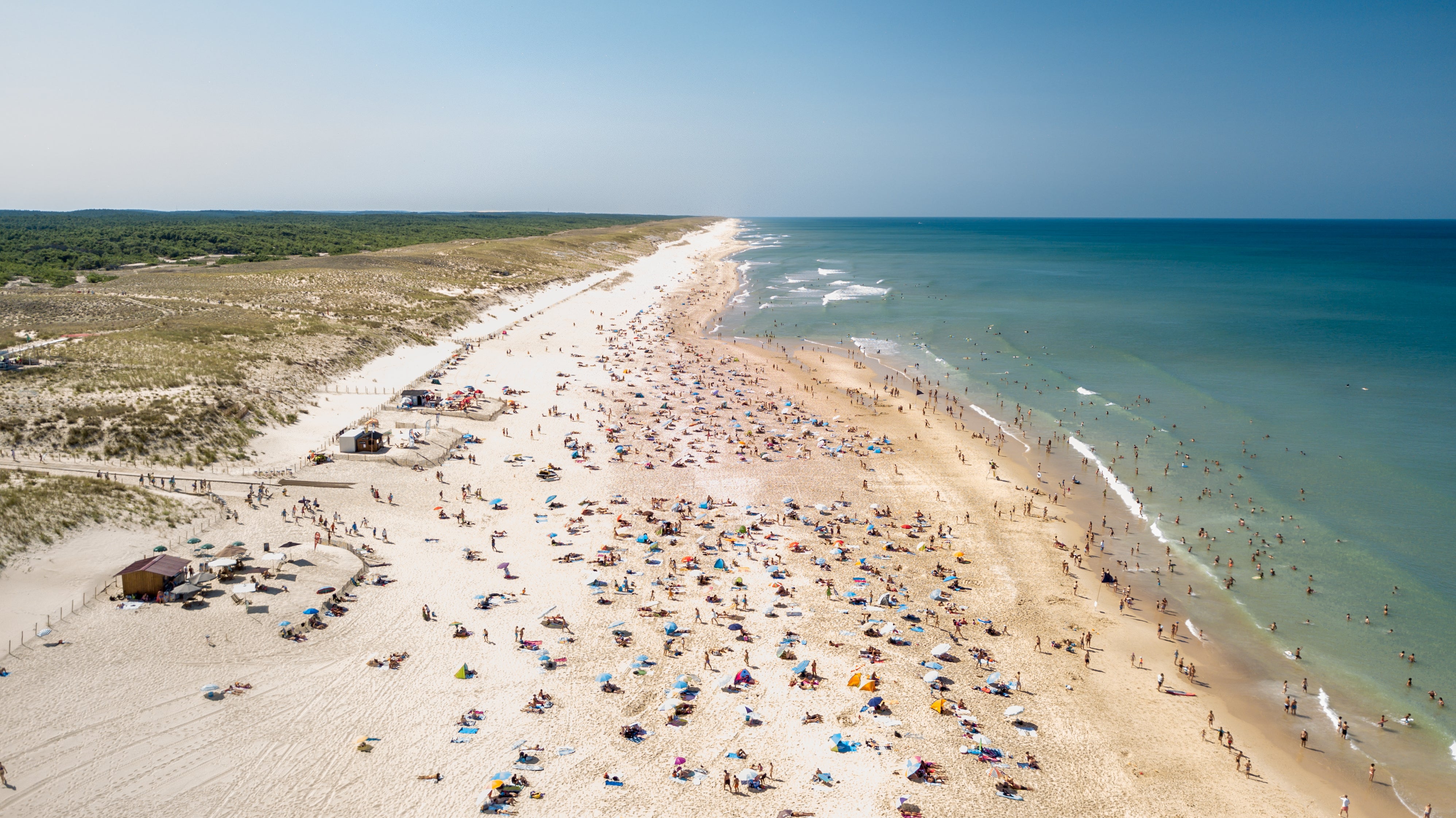As economic fears grow amid tariff threats, Americans are cutting back on summer travel this year compared to 2024, data shows.
Inflation rose and consumer spending slowed in recent weeks as President Donald Trump’s revived tariff threats loomed. He announced fresh levies on 26 countries last week, including a 30 percent tariff on Mexico and the European Union and a 50 percent tariff on Brazil.
Economic uncertainty in Trump’s second term seems to have factored into summer vacation budgets. Americans, on average, carved out $3,132 for this year’s summer vacation — that’s 25 percent less than the $4,199 they set aside to spend last year, according to a Ipsos-Generali Global Assistance survey.
“The spending slowdown is real,” Diane Swonk, chief economist at KPMG, told the Washington Post. “Consumers are stressed, and this is where we’re seeing it first: in domestic flights, hotels, and a lot of other service-sector spending.”
Fewer are planning on traveling at all, according to an SSRS Opinion Panel Omnibus poll. More than half, 56 percent, of Americans said they planned to travel less this summer compared to typical years, the poll found. Finances were the most commonly cited reason for cutting back on travel.
Others said they were hesitant to travel internationally, due to tensions between the U.S. and other countries. Just under half, 46 percent, of poll respondents said they’re concerned about traveling abroad due to what’s happening in Washington, D.C.
Still, the amount of domestic travel plans this summer seemed consistent with prior years, the poll shows.

Of those planning to vacation this summer, more than half — 53 percent — preferred domestic travel while 25 percent plan to go abroad, the Ipsos-Generali Global Assistance survey found.
“Many are opting for shorter, closer-to-home trips shaped by both economic realities (e.g. inflation, flight prices) and a desire for meaningful, low-stress experiences,” Chris Carnicelli, CEO of Generali Global Assistance, said in a statement.

Chelsea Padilla, a 41-year-old Texas middle school teacher, told the Post that she had to be more “thrifty” with her summer vacation plans because her monthly mortgage shot up $200. Rather than planning a trip for her family of five, Padilla and just her 16-year-old daughter flew to Florida using credit card points.
They opted for a simple property close to the beach that offered a free breakfast — a far cry from the hotel suite they booked last summer. This year to cut back, they nibbled on grocery store purchases, namely fruit and snacks, for lunch and split an entree for dinner.
“It’s become a real balance between the pressures of rising costs and still being able to enjoy our lives,” Padilla told the outlet. “We’re being as thrifty as we can.”
When you want to say ‘yes’ but your wallet says ‘no’. How to navigate wealth gaps between friends
Inflation jumped in June hitting its highest mark in months amid Trump’s tariffs threat
Spain’s tourism sector expects slowdown in summer sales
The Latest: Trump administration orders 2,000 National Guard troops to leave LA, some will remain
The Epstein Files: How the saga unfolded within Trump’s administration
Trump dodges question on Epstein files and says Obama and Comey made them up







